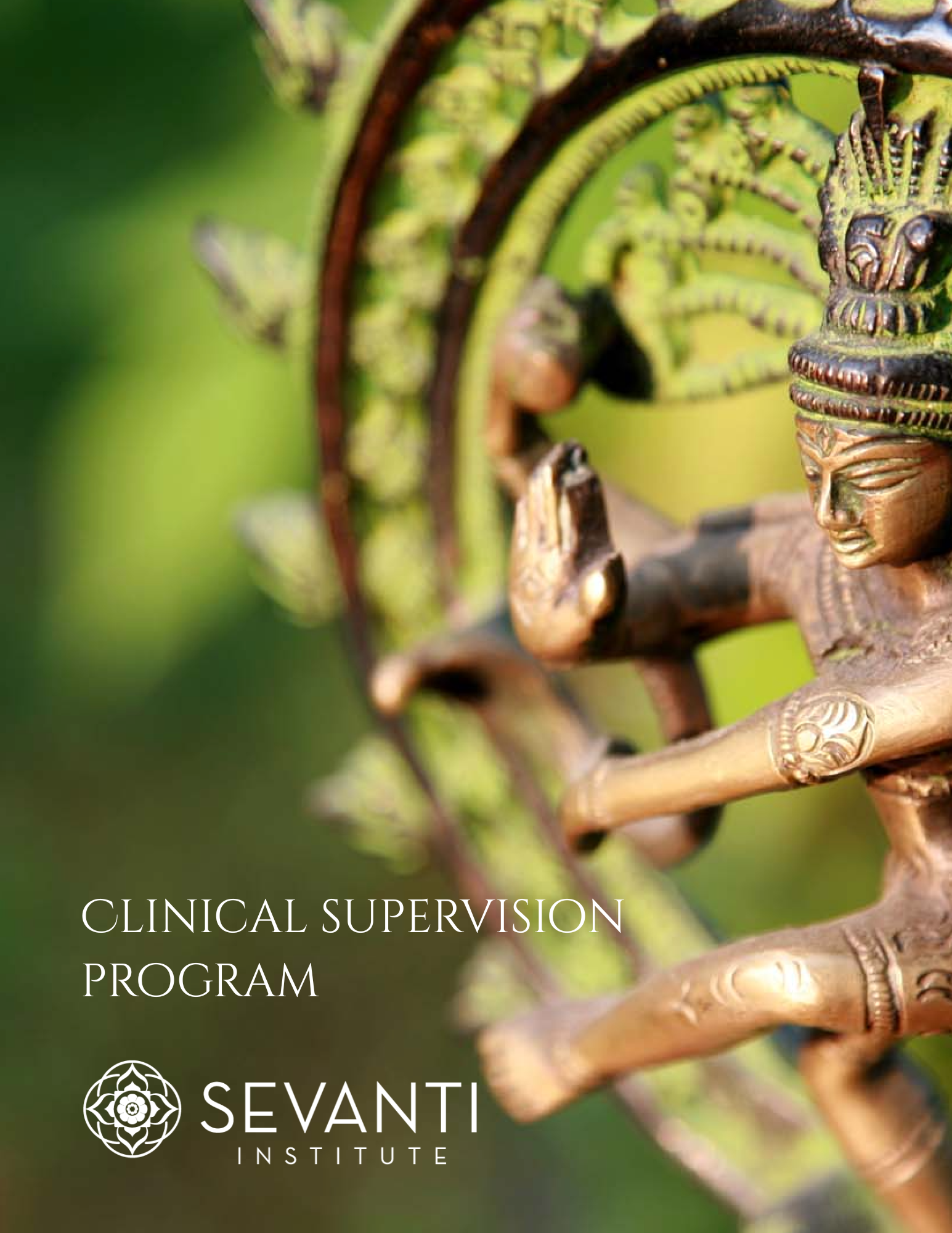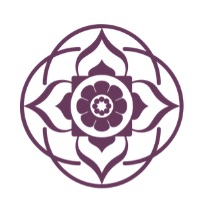The Clinical Supervision Program is an essential step to refining the practice of Ayurveda counseling. Learn from those with years of experience, as well as from your peers. Clinical supervision offers valuable insights into your work as a counselor, helping you to improve your capacity to assess Ayurveda doshic patterns and to offer the most effective treatment strategies to support your clients. Training includes the clinical supervision needed to complete 30 Patient Encounters (PE) as part of the educational requirements for Ayurveda Counselor practice competency. Trainings also offer profound opportunities to deepen the clinical growth process and prepare students for clinical practice. Graduates automatically qualify to practice professionally as an Ayurveda Counselor at Sevanti Practice.
2025-26 Program Schedule
Lead Supervisor: James Bailey, AD, DASc, LAc, MPH
AWC 19 Orientation Weekend: June 28-29, 2025
AWC 20 Individual Case Supervision: August 2025 – June 2026
AWC 21 Group Clinicals and Presentations: August 2025 – May 2026
Credit Hours: 340 hrs
Tuition: $300 per month for 12 months | autopay required
See Clients at Sevanti Practice
Students will practice as Ayurveda Interns at the Student Clinic hosted at Sevanti Practice (SP). Ayurveda Interns will see private clients on Zoom and receive supervision from supervisors.
Individual and Group Supervision
This program is offered via live supervision meetings on Zoom. Individual supervision is held directly with clinic supervisors in 30-minute segments. Supervision provides feedback on diagnostics and client recommendations.
Develop Competent Clinical Skills
The purpose of the clinical program is to develop the clinical skills to manage clients in future practice. In clinical practice, all of the foundation knowledge acquired in earlier programs come together in real practice.
Ayurveda Student Clinic at Sevanti Practice
Students admitted to the Clinical Supervision Program take on the role of Ayurveda Counselor Interns. Intern services will be booked by clients from home virtually through the Ayurveda Student Clinic, the Ayurveda intern training wing of Sevanti Practice. The Student Clinic offers Ayurveda counseling at reduced rates as community service. Students qualify for supervised practice after completing advanced studies in the Ayurveda MasterClass (formerly Ayurveda Immersion Program). The Ayurveda Student Clinic aims to provide a clinical internship where knowledge is put into practice with real clients in a community platform. Interns will learn how to manage client cases while supervised by Clinic Supervisors.
Sevanti Practice provides the following practice services and tools for our interns at no extra cost:
– Professional supervision and support from experienced practitioners
– Community practice and peer support
– Exposure to professional practice tools and methodologies at Sevanti Practice
– Zoom Team Chat channel for group and individual supervision communications
– Acuity online booking and calendar platform account
– Book clients from your profile page on the Sevanti Practice website
– Payment processing requires clients to prepay for your services upon booking
– Control your hours of availability
– Booking links and widgets can easily be plugged into your existing website
– Zoom links are automatically emailed to your clients upon booking
– Clinical forms – optional client intake and clinical forms to give your practice additional structure
Your responsibilities:
— Zoom Pro Plan: All members must have a Zoom Pro account ($14/mo). Since basic Zoom accounts have a meeting limit of 40 minutes, we require all our interns to have (or purchase) a Zoom Pro plan account.
What You Will Learn
The Clinical Supervision Program aims to provide the clinical education, supervision, and practice competency needed for students seeking to become certified as Ayurvedic Counselors. At this level of training, students become Ayurveda Interns and learn from the experience of working with actual clients. All that you’ve learned in the earlier programs is now put into practice and comes alive in real cases with real people. The client becomes the teacher as much as the supervisor. Sevanti Institute established its own educational guidelines and offers an independent Ayurveda certification and practice ecosystem with a direct path from training to practice at Sevanti Wellness.
A few of the topics you will learn during your CSP studies include:
- Client case management at Sevanti Wellness
- The flow of an initial and follow-up counseling session
- How to conduct a traditional Ayurvedic consultation
- The role of personal health history: How much information do we need?
- Differential diagnostics skills needed to distinguish varying complex conditions
- Vikriti questions: turn over every stone, follow every lead, take detailed notes
- Three pillars: diet, sleep, moderation (and exercise) in clinical practice
- The tatwas and clinical patterns of dosha dushti
- Dhatu, upadhatu & mala in clinical practice
- Treatment plans: setting realistic treatment goals
- Aligning the diagnostic axis: vikriti-diagnostics-tx plan-recommendations
- Counseling chikitsa strategies
- Herbal strategies: single herbs vs formulas, dosage, etc
- How to create an effective consultation assessment report for your clients
- Swasthavritta: teaching your clients self-care
Course Modules
What is an Ayurveda
Counselor?
We Teach a Team Practice Approach to Ayurveda
The most inspiring way to learn Ayurveda counseling is in the community of your professional peers. The most inspiring way to practice Ayurveda is true to you, and true to your clients. Whether you’re new to professional practice or not, join us on this journey into your own unique healing practice. Help others with self-healing, for family, for the community. Go deep, heal, and grow from this powerful training in the ancient practice of Ayurveda.
How Do I Become
an Ayurveda Wellness
Counselor?
Guide Others with the Wisdom of Ayurveda
In Yoga and Ayurveda, a false view of ourselves (avidya) is the most common source of suffering, while an accurate view (vidya) can heal, uplift, and evolve us on the journey through life. Our work as Ayurveda Counselors is to rectify these false views and replace them with profound self-knowledge.
Ayurveda provides such an accurate view of life that it is known as the Wisdom of Life.
Go and transform the untrue to the true, the unknown to the known, and support others as you guide them to their true nature. If you want to treat symptoms, become a doctor. If you want to heal people, become a sage.




















 Sevanti Adventures
Sevanti Adventures Sevanti Wellness
Sevanti Wellness Sevanti Practice
Sevanti Practice